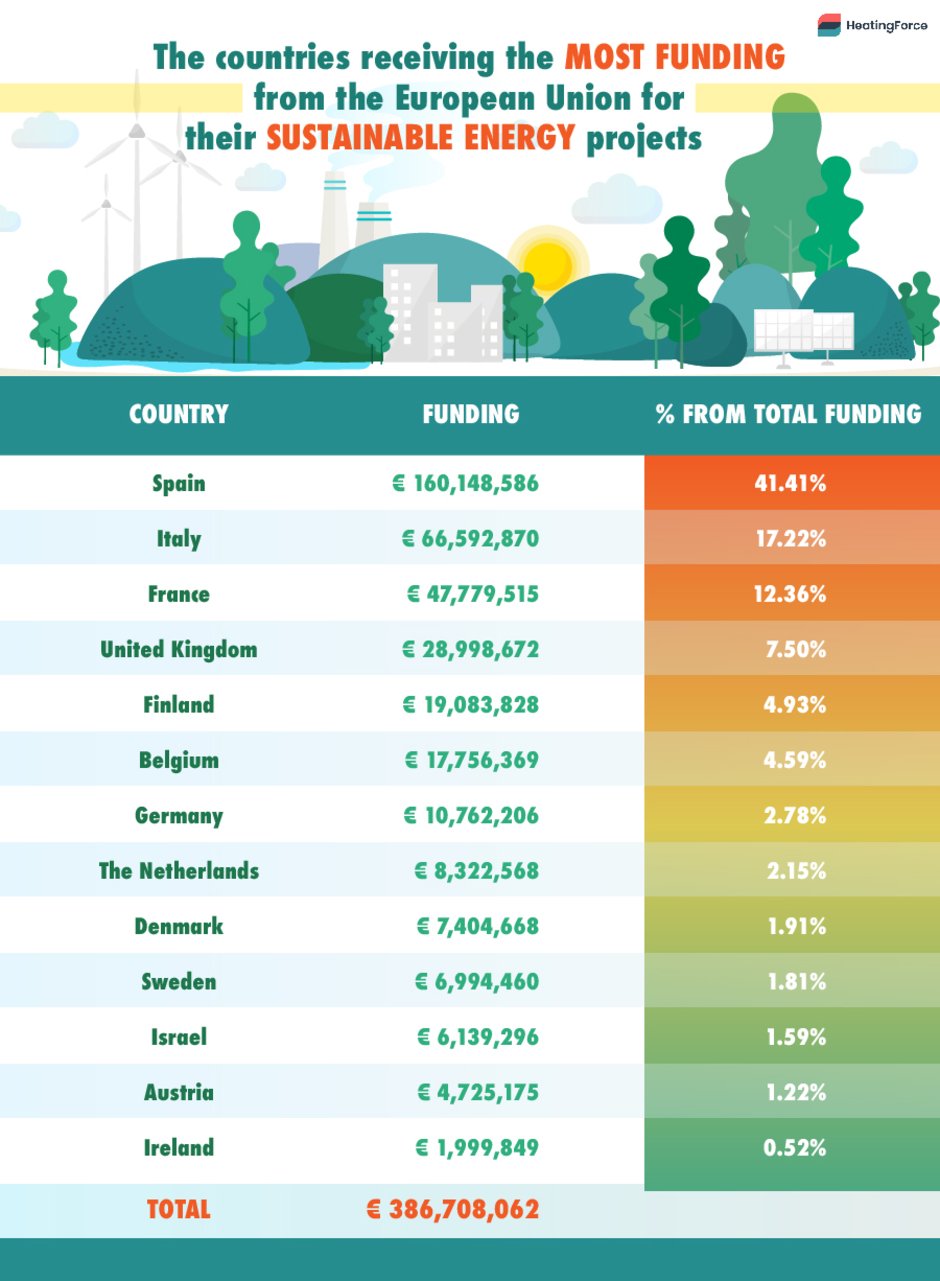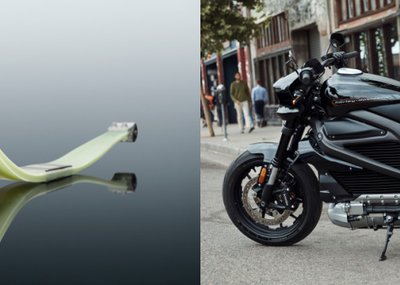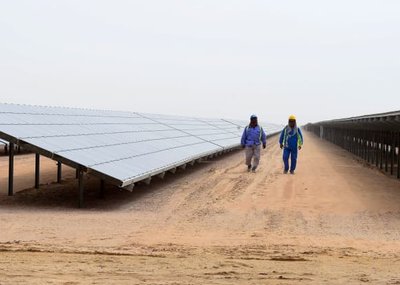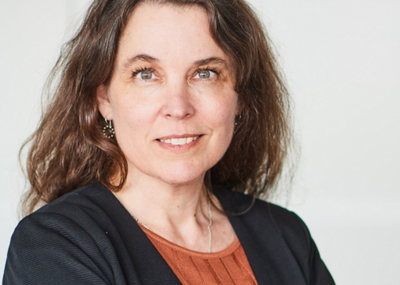• Spain received 41.41% of funding from the European Union for sustainable energy projects - €160,148,586
• In second place is Italy with 17.22% - €66,592,870 to fund energy projects
• France (12.36%) and the United Kingdom (7.5%) rank third and fourth respectively
• Germany places seventh with 2.78% of the funding (€10,762,206)
• A total of €386,708,062 was awarded by the EU to fund sustainable energy projects across the world between 2014 and 2020
Interested in sustainable energy, HeatingForce.co.uk analysed data on Smart Energy Systems within the Horizon 2020 programme to discover the countries receiving the most funding for their projects.
Countries who received the most funding
The country awarded the most funding from the European Union’s Horizon 2020 programme, with a massive sum of €160,148,586, is Spain (41.41% of the total funding)! Spain boasts 15 research and innovation projects accounting to nearly 25% of the total 58 projects included in the data. The most prolific project amounting to nearly 20% (€31,874,538) of Spain’s funding, belongs to SmartEnCity, concentrating on thermal energy, cooling, electricity, and gas. The purpose of its IA (Innovation Action) funding is to demonstrate its idea and concept to the market.
With 17.22% of the funding, Italy is in second place receiving €66,592,870. In total, Italy coordinates 11 projects - nearly 19% of the total 58 projects analysed. REWARDHeat, (specialising in the thermal energy vector) received 28.57% of the country’s total funds. The project received €19,023,298 as an IA fund in order to show its feasibility to the market.
Following in third place, is France, after being awarded 12.36% of the total funding - amounting to €47,779,515. France’s five projects add up to 8.5% of all 58 projects analysed and its top project belongs to SMARTER TOGETHER, amassing a whopping 62.37% (€29,801,762 for its IA funding scheme) of the country’s total funding within the EU’s Horizon 2020 programme. The project’s aim is to discover Smart and Inclusive Solutions for a Better Life in Urban Districts and has been ongoing for nearly five years.
Interestingly, HeatingForce.co.uk can reveal that the UK received 7.5% of the funding which is equivalent to a staggering €28,998,672! Although the UK has officially left the European Union, the Brexit deal secured an agreement to continue the Horizon 2020 Framework Programme and its six projects count towards 10% of Horizon’s total projects. Its biggest project THERMOSS, with an IA funding scheme, brought in 30.33% (€8,796,474) of the country’s funding - concentrating in heating and cooling systems operating within building and grid/district (complex energy system) infrastructures.
In seventh place is Germany with 2.78% (€10,762,206) of Horizon 2020 Framework Programme’s funding. Out of Germany’s four research and innovation projects, RES4BUILD brought in a whopping 46.46% of the country’s funding, €4,999,702, with an IA funding scheme.
Countries who received the least funding
The country who received the least funding from the EU’s Horizon 2020 Framework Programme is Ireland with 0.52% (€1,999,849) of the total funding awarded - a stark contrast to Spain’s 41.41%. This is largely due to the fact Ireland coordinated only one project, E2District, which received €1,999,849.
Austria is the second least funded country within Horizon’s Programme as its two projects were awarded only €4,725,175, amounting to 1.22% of all funding. HotMaps was given 63.42% of the country’s research and innovation funding for its RIA scheme into the heating and cooling energy sectors. According to a SaveOnEnergy.com/uk/ study, Austria was considered the third most interested country in saving the planet so its low funding ranking is not a reflection of its population's sustainability desire.
Following on, Israel ranks as the third least funded country by the EU scheme - the country was awarded 1.59% (€6,139,296) of Horizon’s funding for its only project. Interestingly, TOPAs is the only project within the Horizon 2020 Framework Programme not coordinated by a western or northern European country. With an IA funding scheme, the project's objective looked into the singular use of controlling temperature within different areas of one building.
Methodology:
1. HeatingForce.co.uk analysed data from a report paper detailing the overview of the Horizon 2020 projects on smart distributed energy systems and noted down all the countries who were awarded funding by the European Union.
2. They then grouped all the projects to their assigned countries and ranked the funding amount. From there, HeatingForce was able to deduce who received the most funding for smart energy systems.
Source: https://heatingforce.co.uk/






